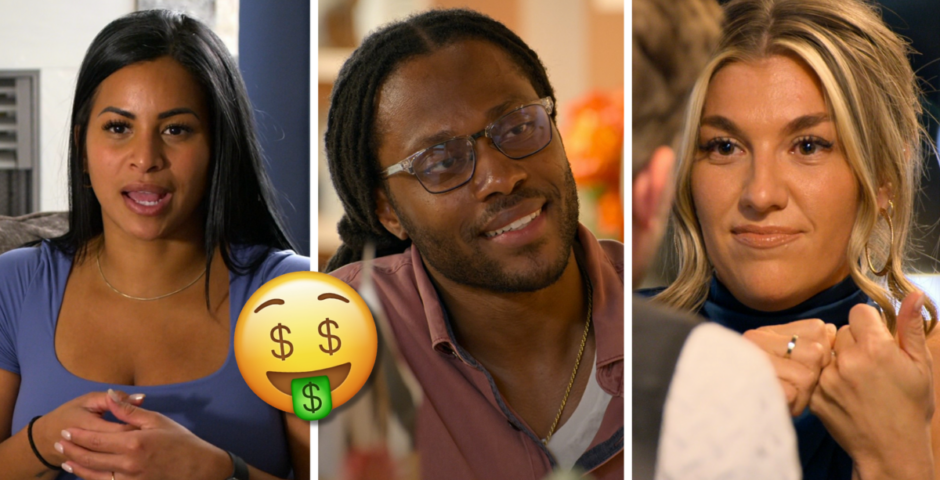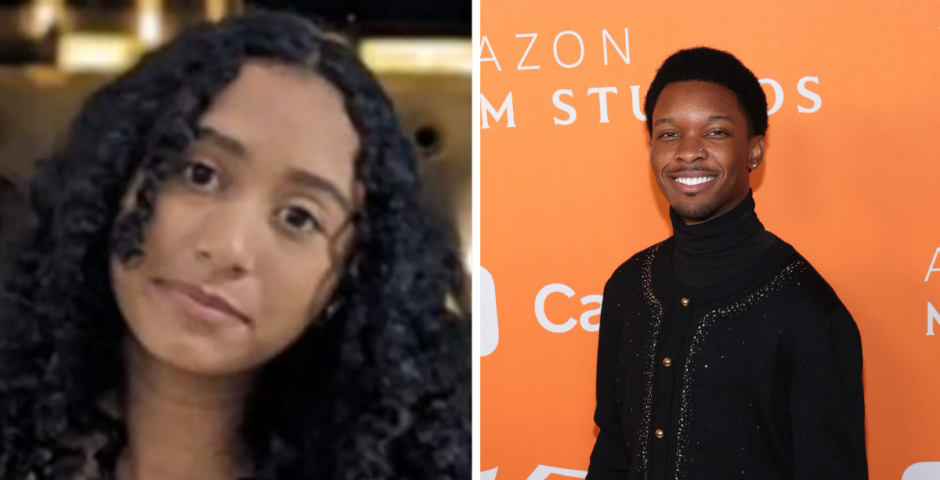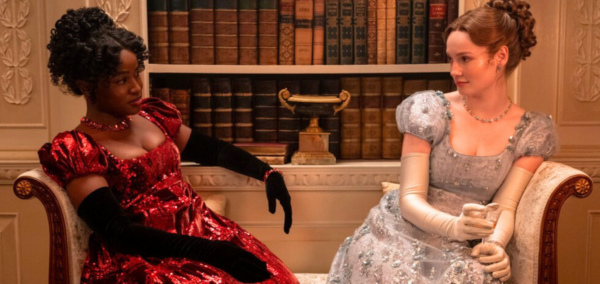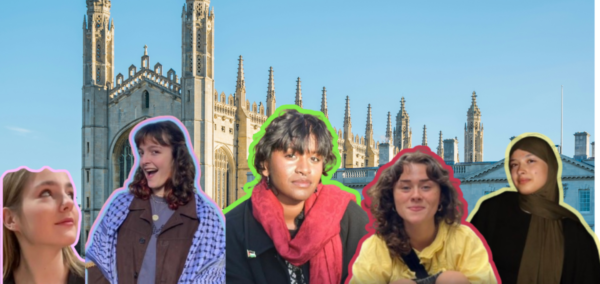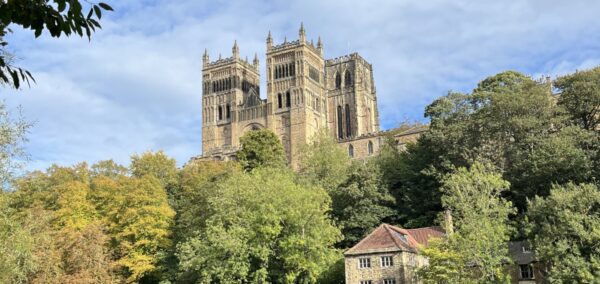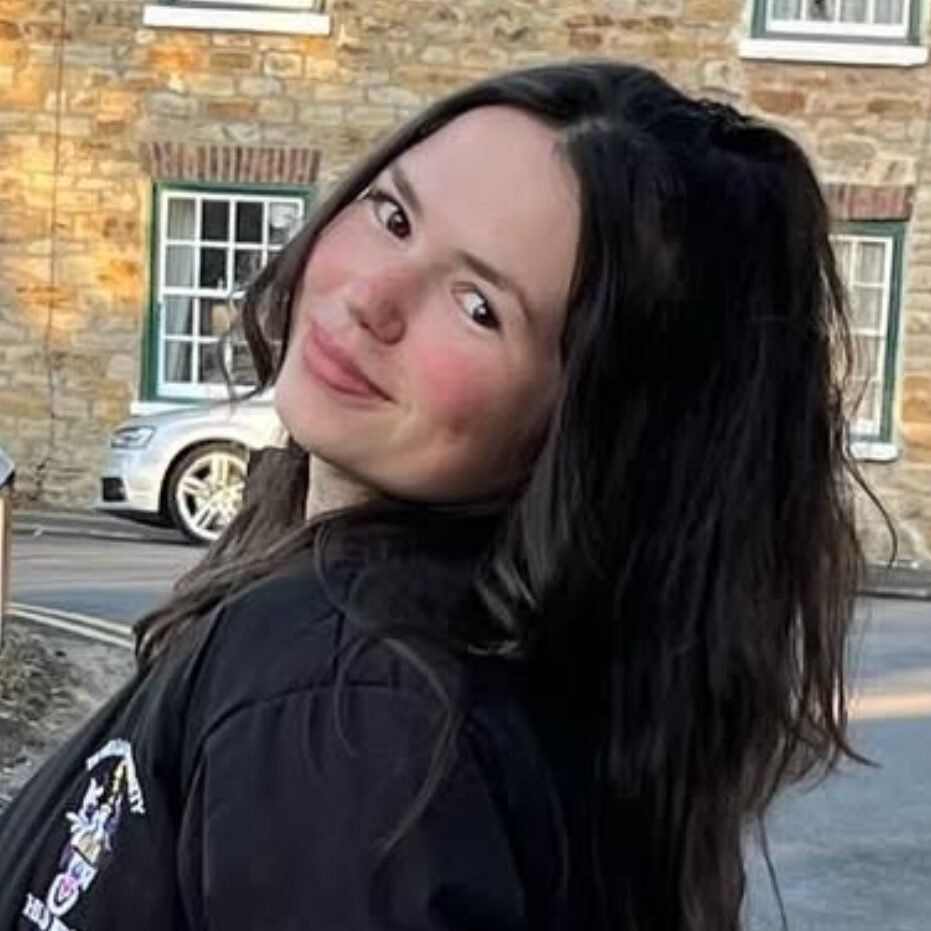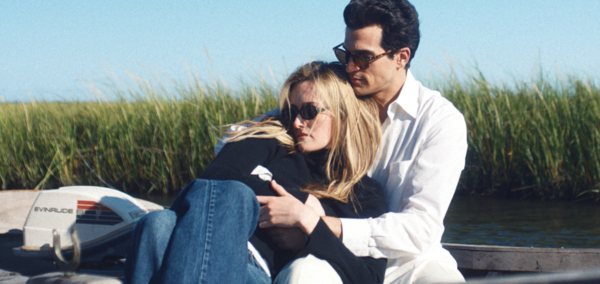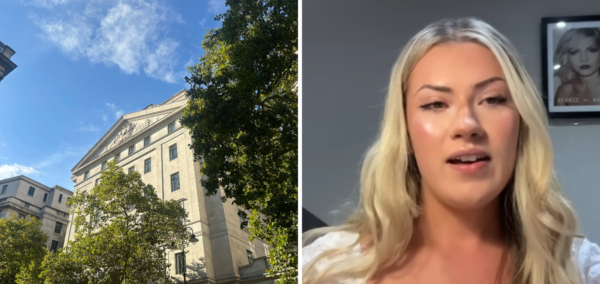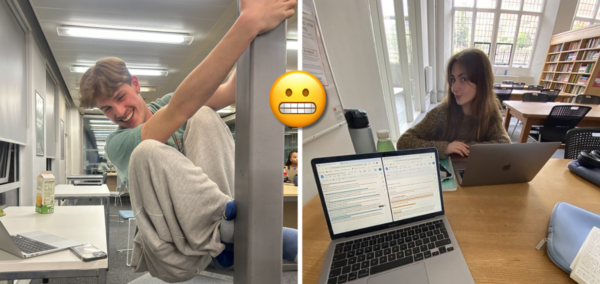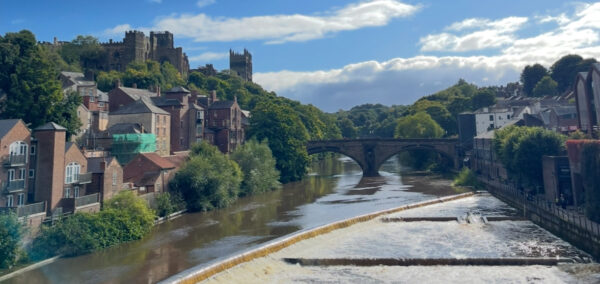A year on from October 7th, this is what being Jewish at Durham is like for me
A year of uncertainty and powerlessness
The other night, after a trip to Jimmy Allen’s, someone ran up to me in the street and said “I saw your necklace”. In this moment, several things crossed my mind, and I looked down at the silver Star of David hanging round my neck. Should I run? Should I say “what necklace?” I prepared myself for the worst. I breathed in. “I just wanted to say Shana Tova.” And he hugged me.
Shana Tova שנה טובה means “have a good year”, it was the day of Rosh Hashanah, Jewish New Year. Earlier that evening I had picked pomegranate seeds out of the shell and placed as many I could on my plate to symbolise the amount of good deeds I’d do this year (perhaps rather unrealistically.)
One of these good deeds, I hope, will be this article. I want to talk about what it’s like being Jewish at Durham, where there really is no Jewish community at all. I want to talk about what it’s like being Jewish simply at this moment, a year on from October 7th.
Where I live in North London, there is a huge Jewish community. I went to synagogue every week, to attend services or to help teenagers prepare for their Bar and Bat Mitzvahs. I lit the candles on a Friday night with my family. I said Lila Tov לילה טוב, goodnight, to everyone I loved before bed.
Being Jewish was part of my everyday life, so, when I told people I was going to Durham, the response would usually be that of surprise. The “Jewnies”, (where Jewish students populate in large numbers) were Bristol, Leeds, Nottingham, Manchester and Birmingham – and this is exactly where practically all of my Jewish friends went. I was immediately isolated, so to speak. I went from 50,000 Jews dotted all over North London, to 20 individuals sat around two tables for Friday Night Dinner at Jewish Society.
At points I could really feel this strange absence in my university experience, and in my personhood that my new University friends were coming to know. My Judaism felt like a part of me nobody could recognise and understand. I felt like I had to put it aside, or try and completely exaggerate it to gain understanding.
Fitting in also depends on how welcoming people are. In a good situation, some impersonations of Jackie and Jim and other references from the popular TV show Friday Night Dinner are offered. Apart from this, I’ve had some casual anti-semitism, “your nose isn’t big enough to be Jewish”, and the occasional holocaust joke “get in my oven!”
However, since October 7th, people didn’t need to say things directly to me for me to recognise their hate, because I could feel it all around me. Daily, people are messaging me NOT to go into town, avoid market square, because hate speech is being used at a rally. The question “anything going on up there?” from family members suddenly means, are you safe from targeted hatred and not simply, what are you up to?. My friends on Gap Year programmes in Israel are lying in the road crying as rockets fly overhead, and I’m powerlessly waiting for them to tell me they’re alive.
Nobody wanted to say the words Israel, Gaza, Palestine around me – why? Judaism and Zionism are manually made to be seemingly inextricable from one another, and we as Jews don’t even know how and where to begin explaining otherwise.
How could I tell someone I was worried about my family and friends drafted into and fighting for the Israeli Defence Force without being accused of selfishly forgetting those who were dying on the other side? How could I express my genuine concern for any human in pain or without food and shelter, regardless of what ‘side’ they were assigned to, without being accused of being complicit or evasive? How do I respond to ill-informed social media activism with educational information without being accused of being part of a propaganda machine?
“Pro” Palestine. “Pro” Israel. These labels boil the conflict down to a level that can’t encapsulate the complexity and severity of a conflict that dates back decades.
These labels force people into constrained boxes, people like myself.
I can’t help but question, is this the new normal for Jews on campuses across the UK? Is it possible for Star of David’s to spark happy and interested conversations between friends such as “what’s it like being Jewish here?”, “are there any Jewish festivals coming up?” or “how are you feeling at the moment?”. Is it possible for someone to run up to me in the street, say they saw my necklace, and fear NOT flash across my face? I hope.
Thank you to the boy who stopped me to wish me happy new year, to let me know I’m not the only Jewish student who wants the best for everyone, who’s trying to make sense of such a horrible conflict.
I hope that this year, with good deeds, there will be change, there will be peace. Shana Tova.



